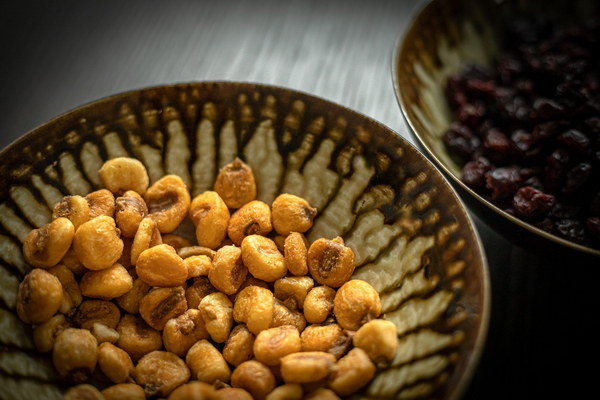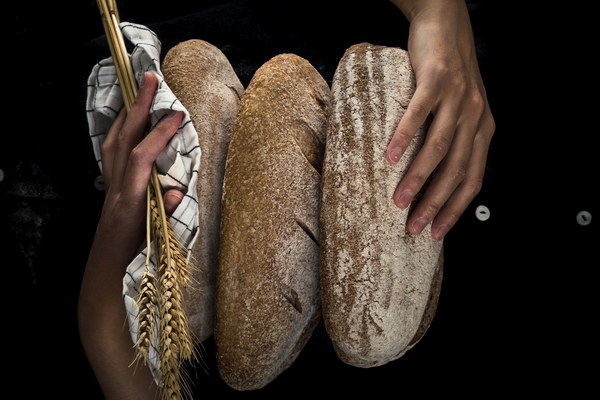How Replenishing Qi and Blood Facilitates Heat Dissipation A Comprehensive Exploration
In traditional Chinese medicine (TCM), the concept of balancing the body's internal energy, known as Qi and Blood, plays a crucial role in maintaining health and preventing diseases. One fascinating aspect of TCM is the understanding that replenishing Qi and Blood can also facilitate heat dissipation. This article delves into this unique concept, explaining the mechanisms behind it and its practical implications for health and wellness.

To begin with, it is essential to understand what Qi and Blood represent in TCM. Qi, often translated as vital energy, is the fundamental substance that animates the body and sustains life. It flows through the meridians, which are the pathways that connect various organs and tissues. Blood, on the other hand, is the fluid that nourishes and protects the body, transporting nutrients and oxygen to cells and removing waste products.
The concept of heat in TCM refers to internal heat, which can arise from various factors, including stress, poor diet, and external environmental factors. Excess internal heat can lead to various health issues, such as fever, inflammation, and irritability. To counteract this heat, TCM emphasizes the importance of balancing the body's Yin and Yang energies.
One of the key ways TCM achieves this balance is by replenishing Qi and Blood. Here's how it works:
1. Enhancing circulation: A well-nourished blood supply ensures that the body's tissues receive adequate oxygen and nutrients. This, in turn, helps maintain a healthy body temperature and promotes heat dissipation. When the blood circulation is impaired, it can lead to cold limbs, poor digestion, and other symptoms, which can exacerbate heat conditions.
2. Strengthening the immune system: A robust immune system can effectively combat pathogens and internal heat. By replenishing Qi and Blood, TCM supports the immune system, helping the body to ward off infections and maintain a balanced internal environment.
3. Improving digestion: Good digestion is essential for the absorption of nutrients and the production of Blood. TCM therapies, such as herbal remedies and dietary adjustments, can help improve digestion, ensuring that the body has a constant supply of nutrients to maintain a healthy Qi and Blood balance.
4. Promoting relaxation and reducing stress: Stress can lead to the generation of internal heat, contributing to various health issues. By addressing the root causes of stress, TCM therapies can help calm the mind and reduce internal heat.
5. Modulating hormone levels: TCM understands that hormones play a significant role in regulating body temperature and heat production. By balancing hormone levels, TCM can help dissipate internal heat and maintain a stable body temperature.
In practice, there are various TCM treatments aimed at replenishing Qi and Blood to facilitate heat dissipation. Some of these include:
- Acupuncture: By inserting fine needles into specific points along the meridians, acupuncture can stimulate the flow of Qi and Blood, promoting heat dissipation.
- Herbs: Certain herbal remedies can be used to nourish Qi and Blood, cool the body, and reduce internal heat. Common herbs include Angelica sinensis (Dang Gui), Codonopsis pilosula (Dang Shen), and Rehmannia glutinosa (Shu Di Huang).
- Diet: A balanced diet rich in nutrients, antioxidants, and cooling foods can help maintain a healthy Qi and Blood balance. Foods like green vegetables, fruits, and nuts are often recommended.
In conclusion, replenishing Qi and Blood is a fundamental aspect of TCM, and its effects on heat dissipation are significant. By addressing the root causes of internal heat and promoting a balanced internal environment, TCM therapies can help maintain health and prevent diseases. As we continue to explore the vast field of traditional medicine, understanding the intricate relationships between Qi, Blood, and heat dissipation can offer valuable insights into the path to a healthier life.









